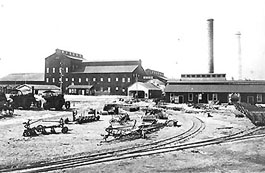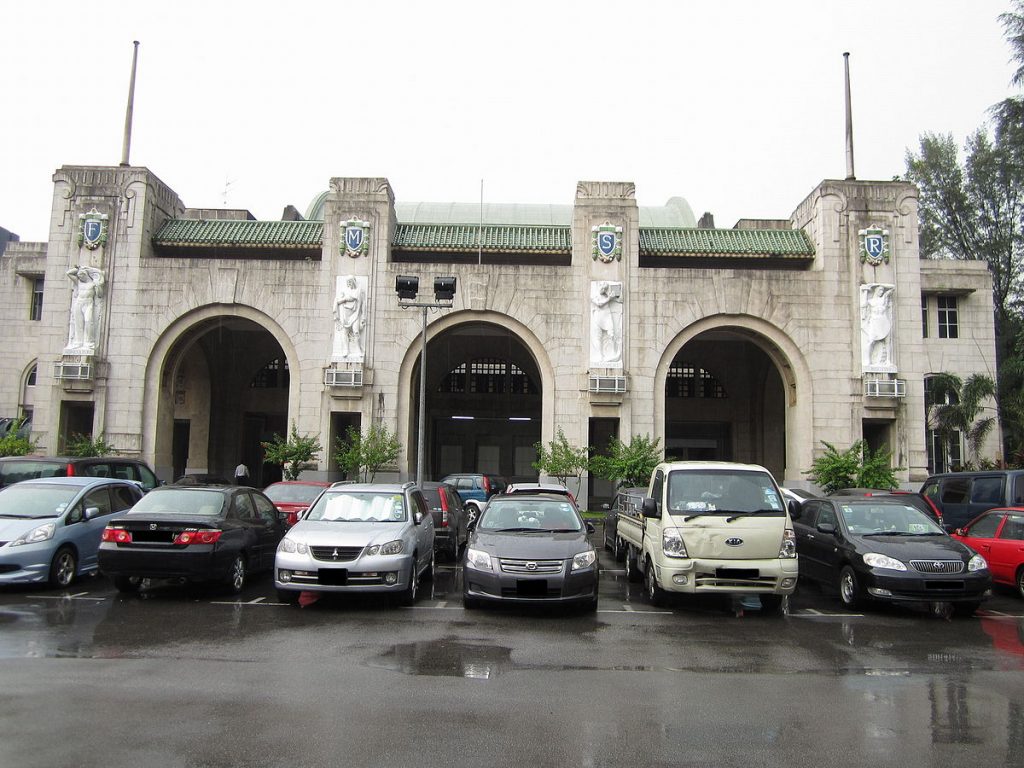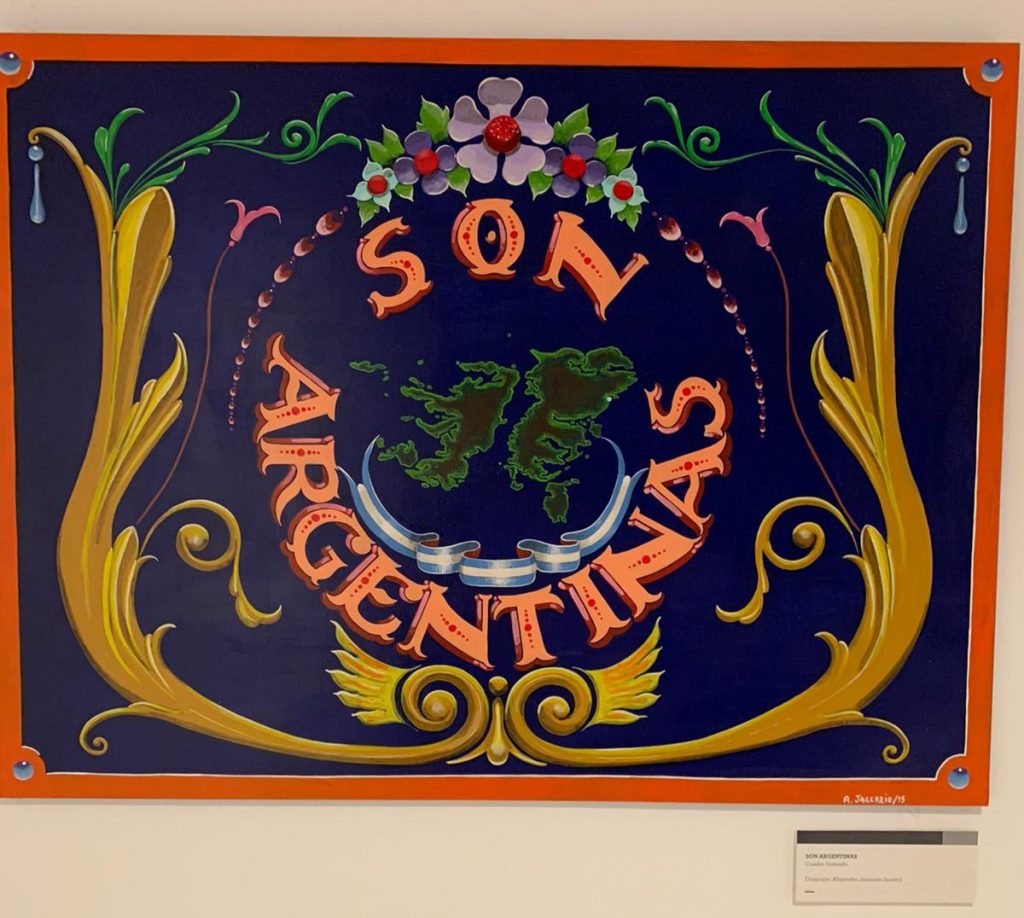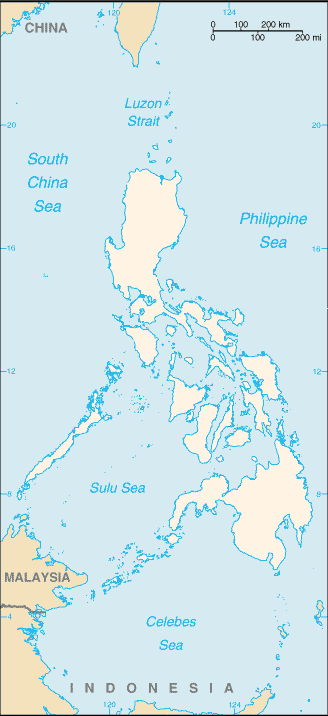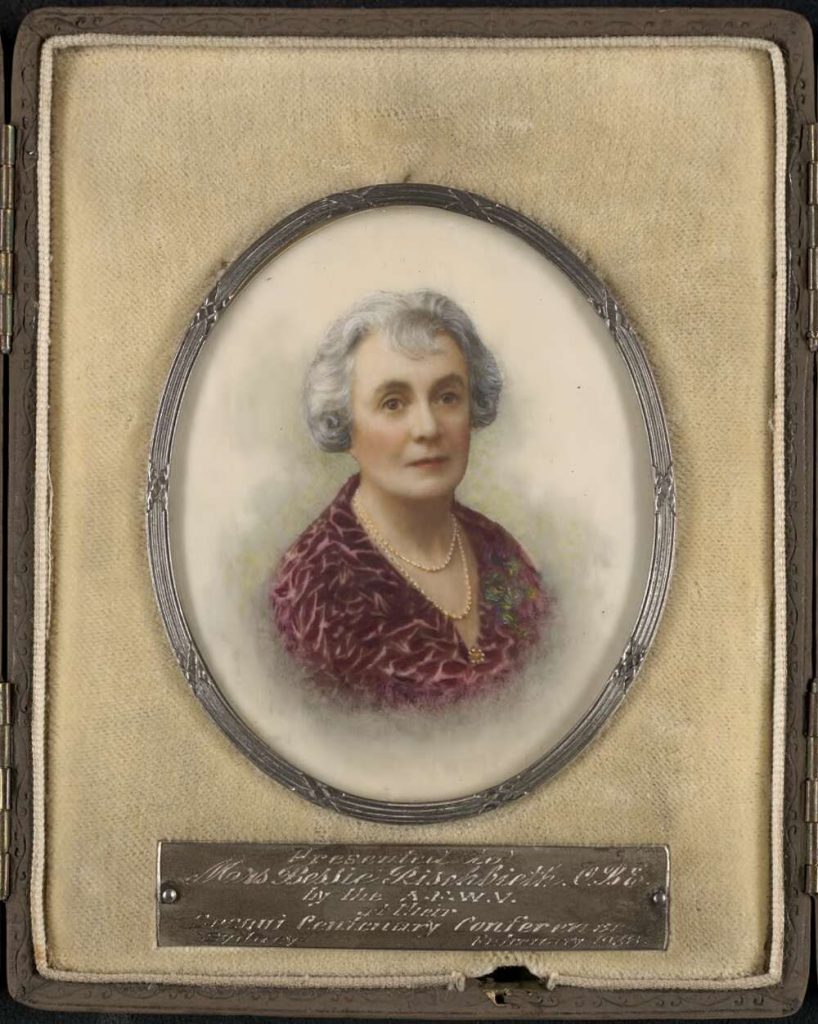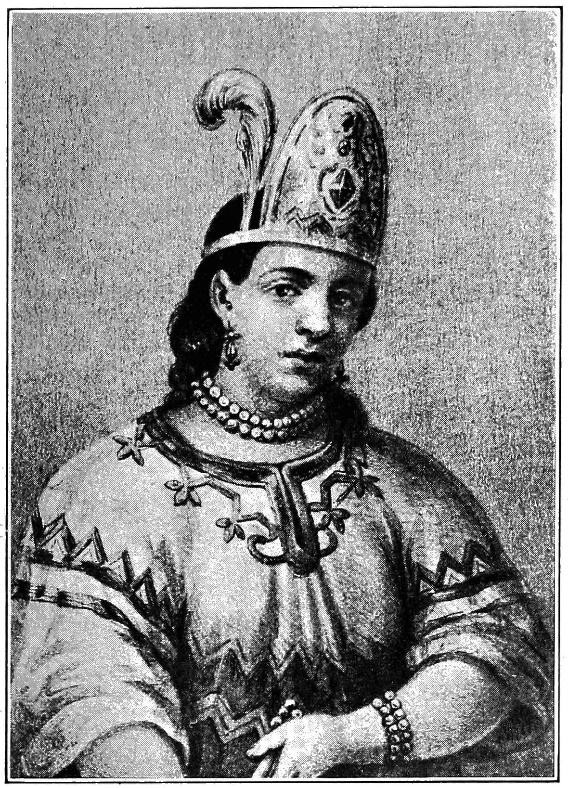By Maureen McCord Why did so many South Asians, in the early years of the nineteenth century, choose to become indentured laborers, signing five years of their lives away to work on sugar plantations in Mauritius? Previous work on the earliest years of Indian indentured labor—a labor practice which eventually spread from this small Mascarene […]
By Pallavi Das At the close of 2019, when the world was preparing to ring in the new year, two scourges were preparing to intensify their impact upon the world. On one hand, was the novel coronavirus that was wreaking havoc in China. On the other, was the locust infestation that had been plaguing the […]
By Dhevarajan Devadas Standing shuttered along Keppel Road today, the Tanjong Pagar Railway Station has witnessed the passing of Singapore’s colonial, post-war and post-independence eras. Once envisioned as “one of the most important nodal points in the whole world’s scheme of communications”, the station was buffeted by the evolution of transportation and the immense political […]
By Lula Murphy On a misty morning in 1982, Argentine forces disembarked on the Falkland Islands, beginning a war with the UK that ended with a death toll of 649 Argentine soldiers, 255 British soldiers, and three islanders.[1] However, the 74-day conflict which began that 2nd April was a new chapter in an older dispute […]
By Pablo Pryluka In 1972, the Club of Rome published The Limits to Growth. After signing an agreement with an MIT team, they developed a computational model that predicted the imminent collapse of planet Earth: the growing population was about to drain all the available resources and create a demographic collapse. Claiming such an apocalyptic […]
By Eva Ward Contemporary drug laws in the Philippines are primarily associated with the draconian policies of the current government. However, long before Duterte, the United States took control of the Philippines following the Spanish-American War and instituted drug regulations that were also quite strict by their standards of their colonial contemporaries. The end of […]
Image Description: Excerpt from Guillaume L’Isle’s “Carte de la Louisiane et de cours du Mississippi, 1718.” This map provides estimates of various French and Spanish incursions into the territories of the Caddo, Tunica, and other Indigenous polities in the western Mississippi Valley and Red River region. The map’s highlighted routes include De Soto’s original route […]
Feature Image: Portrait of Bessie Rischbieth, 1938, National Library of Australia, PIC Object Drawer 26 #P194 By Michelle Staff Feminists have long set their sights beyond their nation’s borders. All too often they have been frustrated in their efforts to disrupt the status quo at home – to convince their nation’s leaders of the need […]
By Jessica Albrecht When the so-called First Wave of feminism is remembered, as it has been in the previous years, it is usually thought of as a time of women’s enfranchisement in the “western” world.[1] As it is told, women and some men fought for women’s rights in terms of vote, divorce and education. These […]
By Viola Nassi Sí, soy hija de la Chingada. I’ve always been her daughter. No ‘tes chingando. Gloria Anzaldúa, Borderlands/La Frontera: The New Mestiza When Hernán Cortés arrived at Pontonchan in 1519, he was introduced to a woman who would forever change the destiny of Mexico. That woman was called Malinalli, Malintzin, or, as […]
